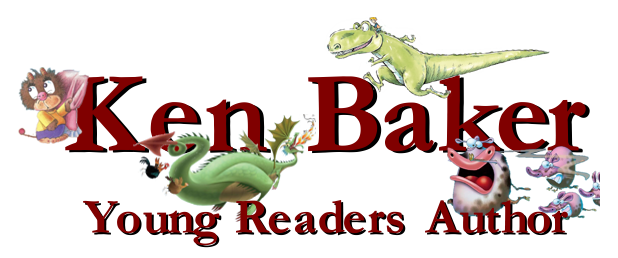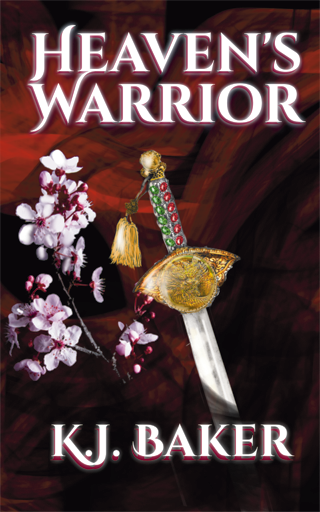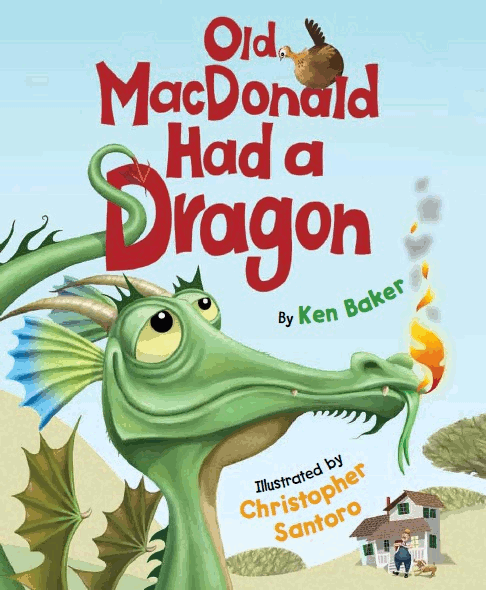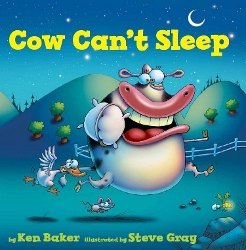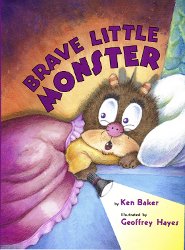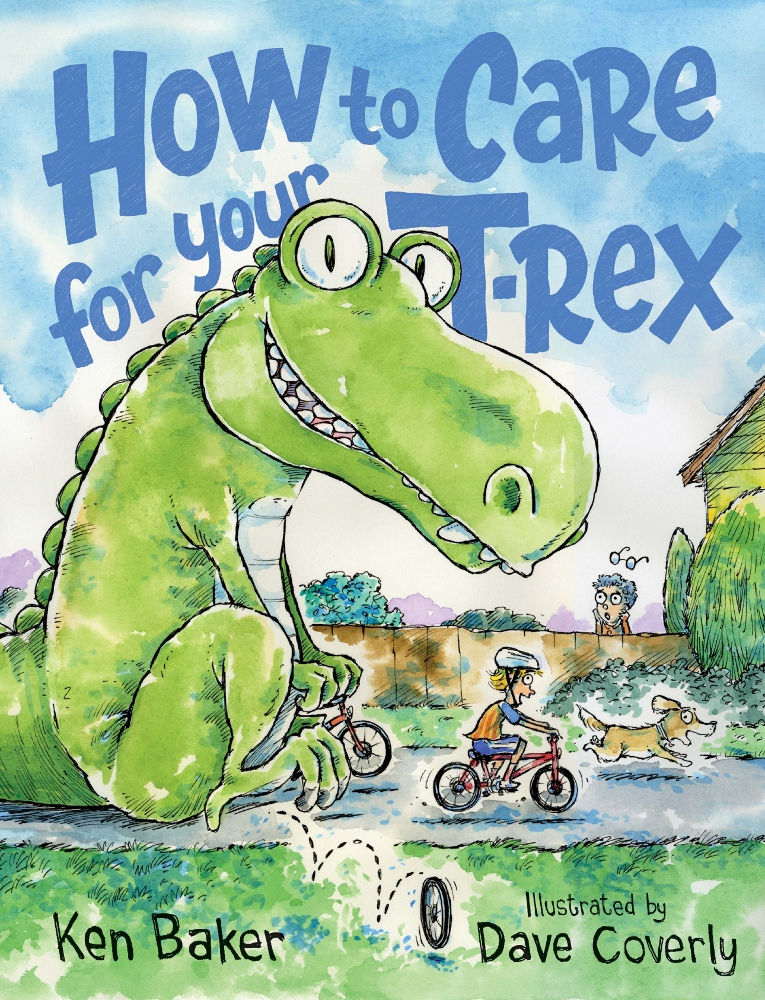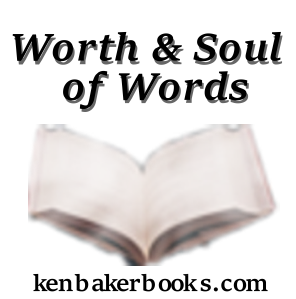
Worth and Soul of Words, July 2024 newsletter by Ken Baker, author for young readers
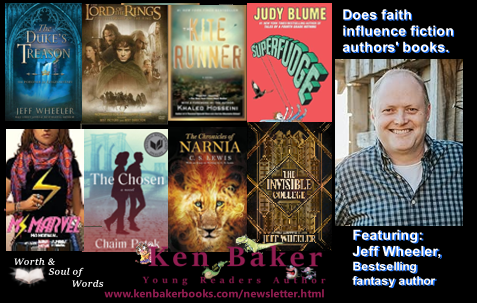
A look into conversations from well‐known bestselling fiction authors reveal that their faith or belief system can have a significant impact on their writing. Not necessarily in a preachy manner, but in subtle ways that readers may or may not realize.
The Lord of the Rings is of course a fundamentally religious and Catholic work; unconsciously so at first, but consciously in the revision.1
The Narnian books are not as much allegory as supposal. It was more like, 'Let's suppose there were a world like Narnia and that the Son of God became a Lion in that world as He became a Man in ours, and then imagine what would happen.'2
deals frequently with themes of faith—faith in God (or lack thereof), faith in friendship, faith in love and even faith in stories.3
I wrote Are You There God? It's Me, Margaret right out of my own experiences and feelings when I was in 6th grade.4
There is in my work a very strong religious foreground and background. In the later work some of that tends to diminish, but it's certainly present in the early work.5
Even Ayn Rand, who was born into the Jewish faith, but later rejected religion and faith, indicated her moral views impacted her writing when she wrote, My philosophy, in essence, is the concept of man as a heroic being, with his own happiness as the moral purpose of his life, with productive achievement as his noblest activity, and reason as his only absolute.
6


Shout out!
Jeff Wheeler is a bestselling author of fantasy and thrillers that he considers to be at a PG or PG-13 level. His most popular series include his King Fountain series, Harbinger series, and Muirwood series. Book 4 in his King Fountain series (The Duke's Treason) will be available in print, ebook, and audio July 30, 2024.
Book business and life ‐ Creating a better world
I may stand alone in this perspectives, but I'm a firm believer that authors and all content creators have a serious responsibility to thoughtfully consider the ramifications that their work will have on others. Whether they agree with it or not, books, movies, and other media shape society and culture. The more that readers get exposed to certain lifestyles, speech, and ways of acting over time, it can significantly influence what they consider normal and acceptable or unacceptable.
Regardless of a content creator's faith or belief system, my hope is that in some way they strive to make the world a better place with their work. That is my goal. And even though most, if not all of my books have no religious aspect to them, my faith in Jesus Christ and membership in the Church of Jesus Christ of Latter‐Day Saints will always have some influence on what I write, but likely never in an overt, preachy, or didactic way. As such, my hope is that my books will be entertaining, while having a positive impact on people's lives.

 Heart image by Ken Baker
Heart image by Ken Baker
What I love
Just write.And as they say, the rest is history.
Missed Junes's newsletter? Check it out!
 Thank You image by Ken Baker
Thank You image by Ken Baker
1. Letter to Robert Murray, S.J. (Letter 142)
2. Letter to James E. Higgins, December 1962
3. Matthew Jackson, G. Willow Wilson,
BookPage, March 12, 2019
4. June/July 1999 American Libraries article Places I Never Meant to Be: A Personal View
5. Laura Chavkin, A MELUS Interview: Chaim Potok,
MELUS(Vol. 24, Issue 2), Oxford University Press, Summer 1999
6. Ayn Rand, Atlas Shrugged,
Random House, October 1957
Sign up for my newsletter to stay up-to-date on my books and what I'm up to.
Copyright 2001-2025 by Ken Baker
Heaven's Warrior cover by Ken Baker
Old MacDonald had a Dragon pictures by Christopher Santoro
Brave Little Monster pictures by Geoffrey Hayes
Cow Can't Sleep pictures by Steve Gray
How to Care for your T-Rex pictures by Dave Coverly
